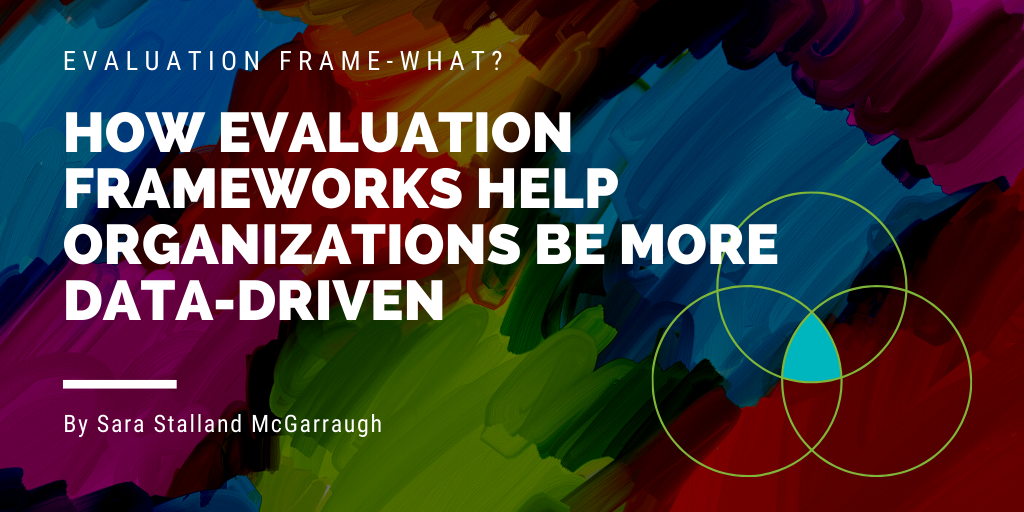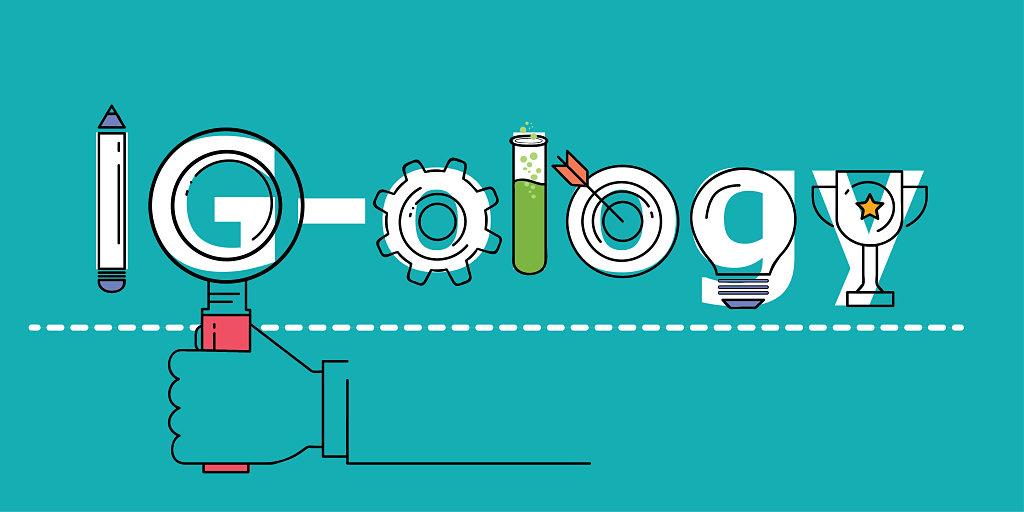
 Hey—I’m Sara Stalland McGarraugh, a Managing Consultant here at The Improve Group, and I’m excited to discuss evaluation frameworks for this month’s IG-ology! But before we dive into why our clients have found evaluation frameworks to be valuable—one recent project with Pillsbury United Communities stands out— let’s take a minute for a refresh on what they are:
Hey—I’m Sara Stalland McGarraugh, a Managing Consultant here at The Improve Group, and I’m excited to discuss evaluation frameworks for this month’s IG-ology! But before we dive into why our clients have found evaluation frameworks to be valuable—one recent project with Pillsbury United Communities stands out— let’s take a minute for a refresh on what they are:
An evaluation framework is documentation of what evaluation components are being used (e.g., data sources, data collection tools, indicators) to describe what your organization does. An evaluation framework sets your organization’s priorities for what data is collected on an ongoing basis. Because The Improve Group often takes a use-focus in our evaluation work, we additionally ensure that questions are asked—and the link is made—to how data will be used or why it is being collected.
You may be wondering when an evaluation framework is appropriate and when it’s best to rely on an evaluation plan. Evaluation frameworks are helpful for clients who want documentation or discussion about the system they plan to use for ongoing evaluation efforts, while evaluation plans are often more conducive to scoping a one-time effort.
With a framework, our clients have improved clarity about how they are using data and what evaluation methods to use. Over the past few years, The Improve Group has increasingly worked with large organizations focused on innovation in complex contexts to help them create these overarching frameworks. This includes an exciting recent project developing an evaluation framework for Pillsbury United Communities as it seeks to increase its impact and become a more data-driven organization focused on learning.
Pillsbury wanted to create an approach to evaluation and measurement that would help it better demonstrate the positive effects of its work to important stakeholders such as community members and current and potential funders. We partnered with Pillsbury to assess its evaluation capacity and worked with staff to build evaluation skills and understand how the evaluation framework could be implemented. This work led to developing several logic models, mapping out relevant indicators, and creating a data inventory with a map of ways it can be used as the organization grows in its use of data.

As IG’s project lead, I enjoyed taking a capacity-building approach to this work because Pillsbury wants to be able to do necessary future evaluation work internally. I loved seeing staff connect over ideas and their work in new ways.
As a result of this process, Pillsbury will be able to identify what data to collect from each program within their organization and set up a central database to collect and organize the data that’s needed for their evaluation purposes; understand where new or updated tools are needed for collecting data and who will do that work; and identify evidence of their impact. We enjoyed this collaboration so much that we were grateful and excited to be asked to partner again with Pillsbury to seek further funding to advance the implementation of the framework.
More broadly, we’ve seen that nonprofits, foundations, and government agencies can all benefit in their own ways from evaluation frameworks. Organizations with siloed programming find them to be useful tools because they require people to come together enterprise-wide to document what of their work should be measured to tell their story and allow others to see how their work contributes to the organization’s mission. They’re also particularly effective for those who want to make data-driven decisions at an organizational level and to understand if they’re making the change they intend to create—an important step to demonstrating impact.
We love working with organizations to put evaluation frameworks to work for them! If this sounds like something you or your organization are interested in exploring, give us a shout and we can scope out your specific needs and tackle this together.
